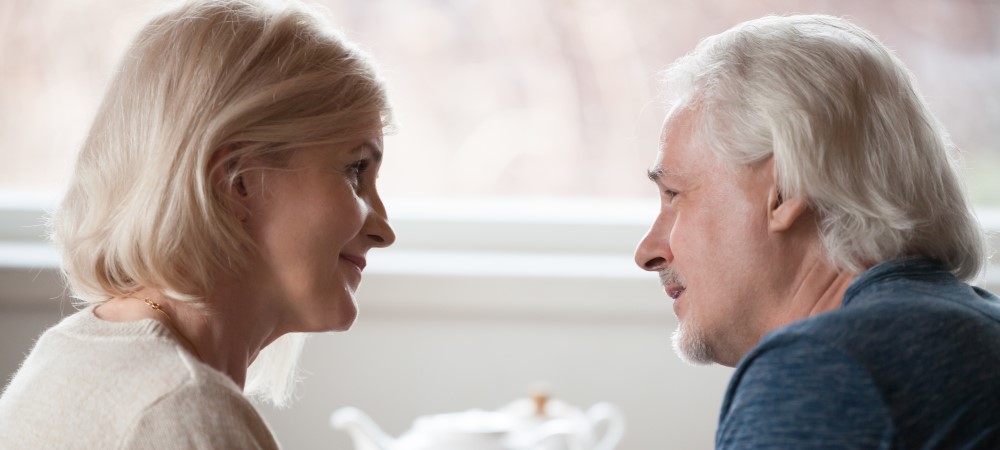Breast Cancer Survivorship: 7 Things to Know
October 20, 2020
Categories: Blog Posts, Healthy Living
In celebration of the 28th anniversary of National Cancer Survivors Day, Susan G. Komen, one of the most prominent breast cancer foundations in the world, penned this advice to its followers. It’s the best, most concise encapsulation of the breast cancer survivorship process we’ve ever read, so we wanted to share it with you as a message of hope during National Breast Cancer Awareness Month.
1. You Are Not Alone
In fact, you’re in the company of more than 3 million breast cancer survivors just in the United States! And millions of family members and friends who have gone to appointments, cleaned, babysat, cooked, carpooled and so much more while their loved one faced breast cancer. Spread some love today to those who were by your side as you faced breast cancer, and if you start to feel discouraged, listen to the powerful stories of women and men who have been right where you are.
2. Life Is Different Now, and That’s OK
You’re not the same person you once were. You may have a new appreciation for life or a surprising ability to not sweat the small stuff. You may also need time to recover physically and emotionally, so don’t feel like you have to jump back into all of your activities right away.
3. That Lingering Fear…
… of a breast cancer recurrence is totally normal. After breast cancer treatment ends, many people are afraid they still have cancer or that it will come back. The truth is, breast cancer can recur at the original site, as well as spread to other parts of the body. That’s why it’s critical to visit your health care provider on a regular basis following treatment. There are also certain steps you can take to reduce your risk of a recurrence.
4. Healthy Choices Go a Long Way
Maintaining a healthy weight, eating a balanced diet, and getting regular exercise may help reduce your risk of a breast cancer recurrence. One analysis found that breast cancer survivors who got roughly three or more hours of moderate-paced walking a week had a 30 percent lower risk of death (from any cause) compared to less active survivors!
5. For Many, Cancer is the New Reality
Women and men living with metastatic breast cancer don’t have the same treatment options as those who are diagnosed with early-stage disease. For many, the main goals of treatment are to control tumor growth and extend life, while trying not to compromise their quality of life. Metastatic patients need more: more support, more research, more awareness.
6. There’s Always Something New to Learn
There’s a reason people say, “Knowledge is power.” By being thoroughly educated about your diagnosis, treatment, and follow-up care, you can feel more in control of your life again. So, the next time you’re heading for an appointment with your physician, grab a pen and paper and consider asking some of these questions about survivorship.
7. It’s OK to Ask for Help
Your journey with breast cancer may have brought with it a whirlwind of emotions – shock, fear, denial, sadness, anger. Thinking about insurance, finances or finding services can be overwhelming. That’s why there are programs and organizations that offer resources, support, and guidance. And it’s OK to ask for help. Says one fellow survivor: “I learned that if I took a hand offered to me, there was no telling what gifts I would receive.”
